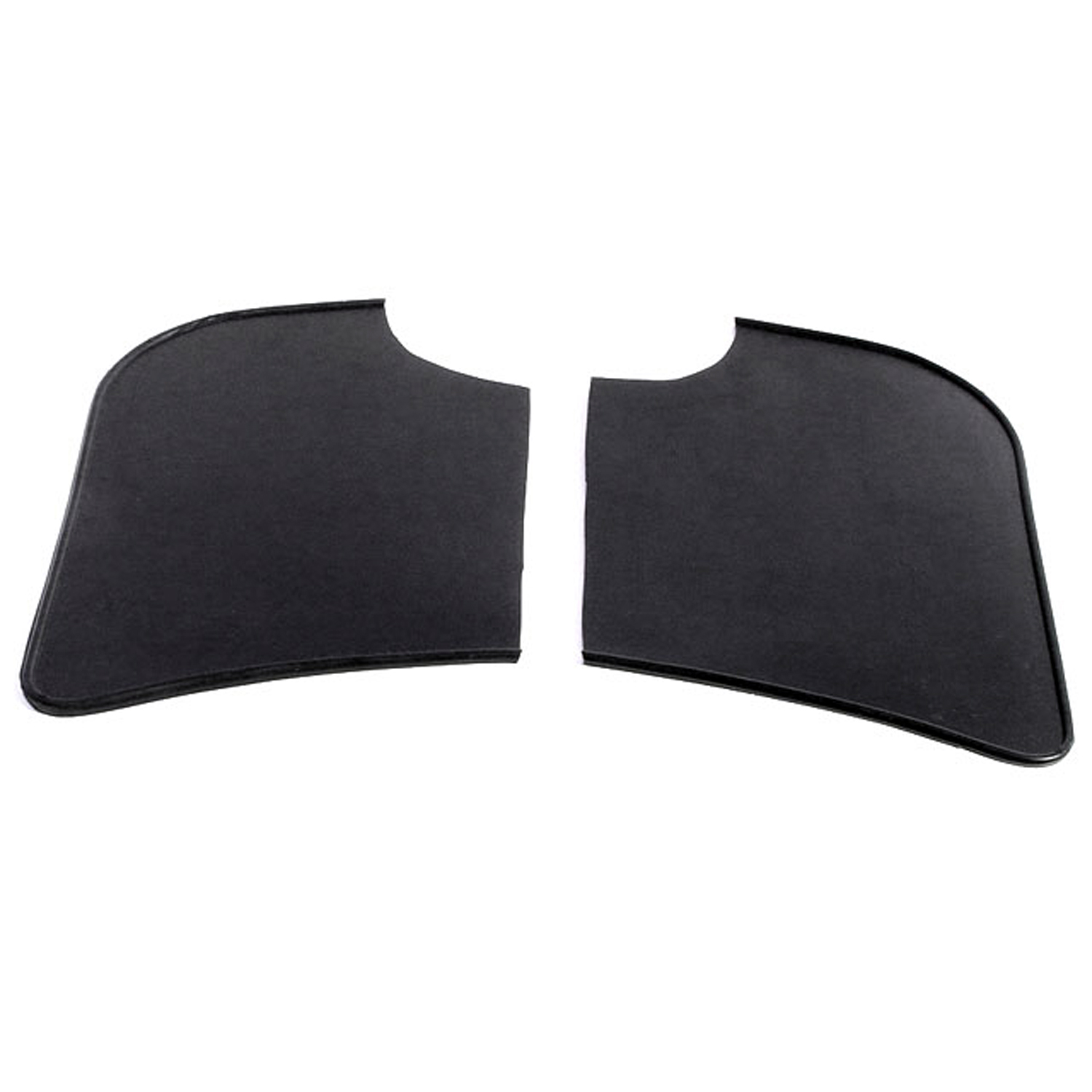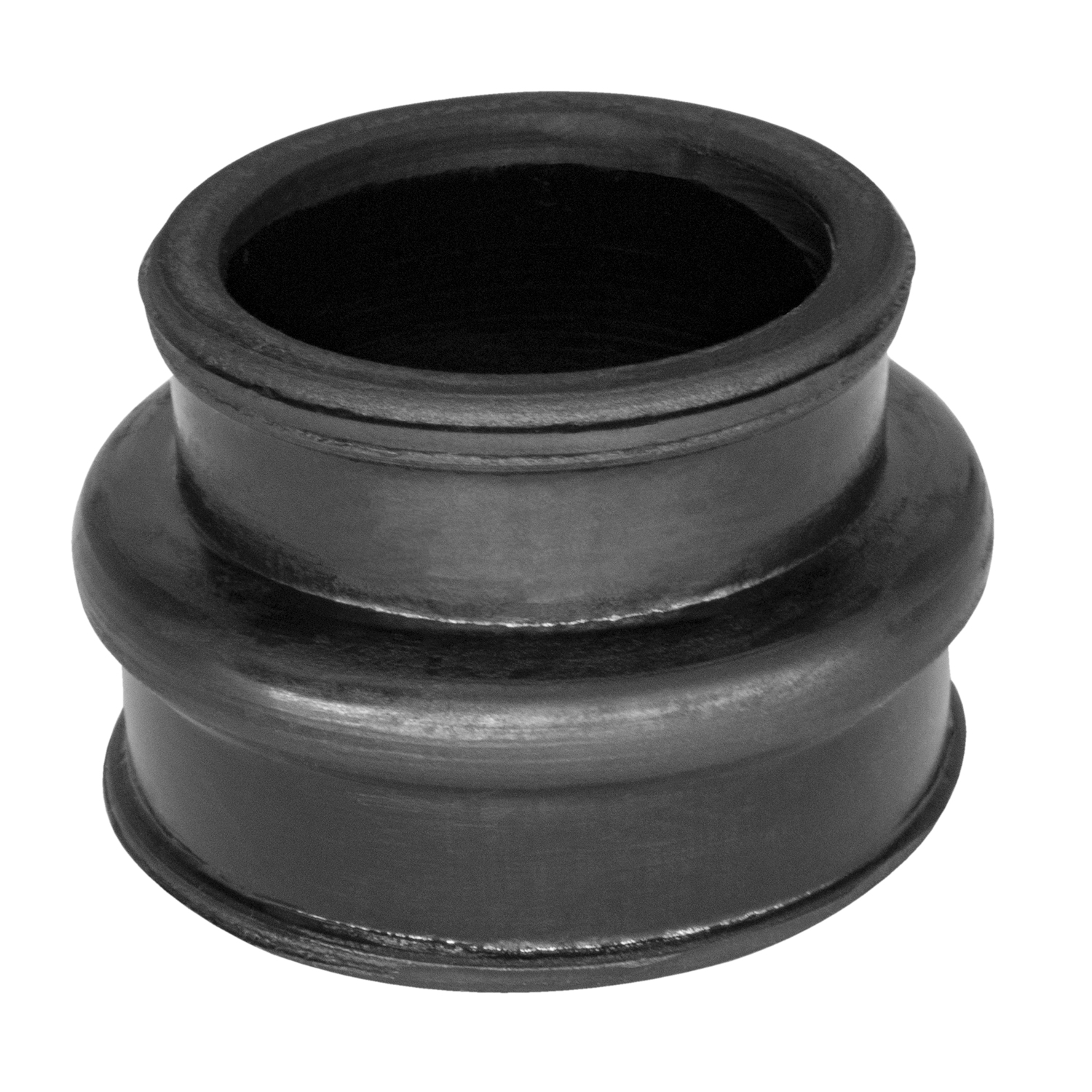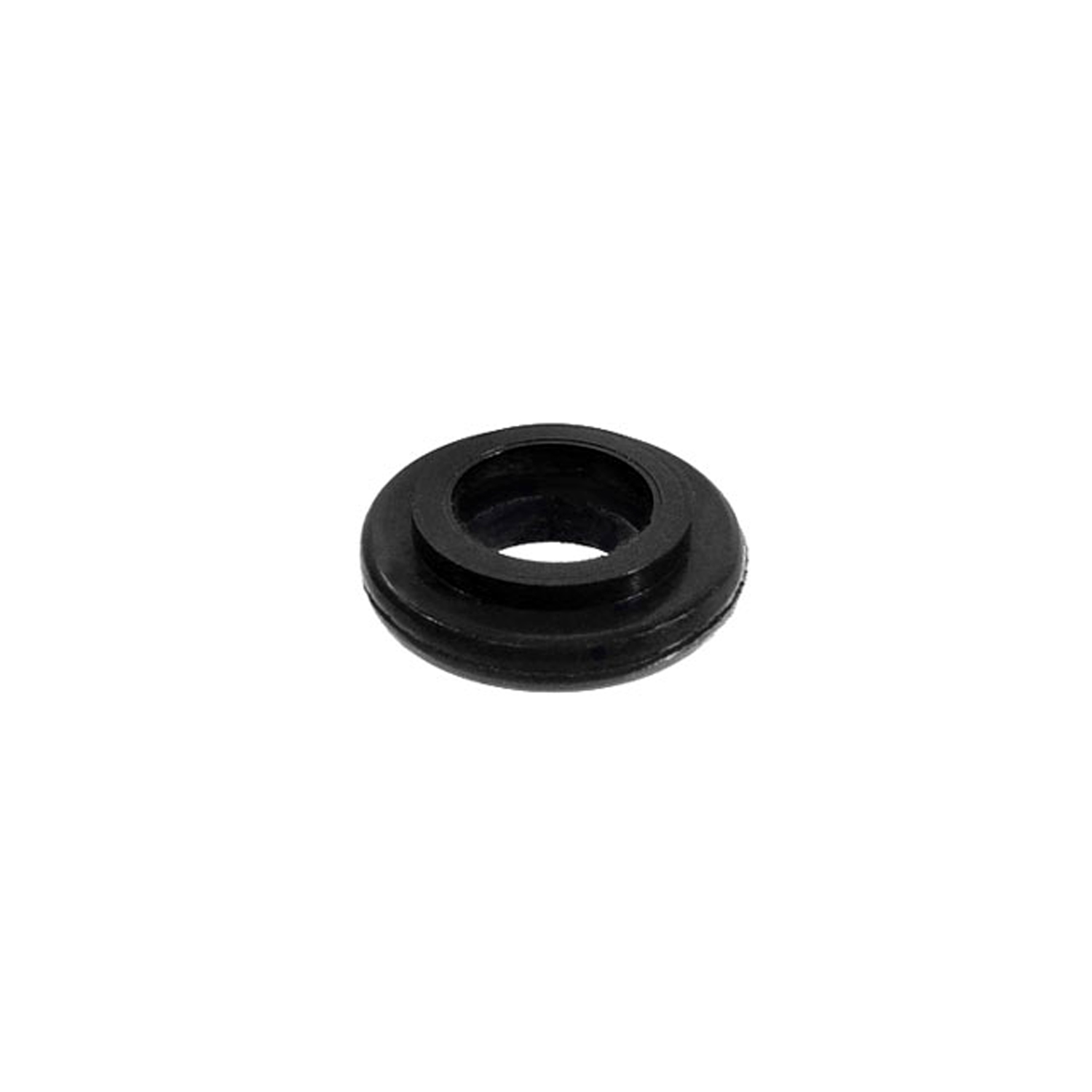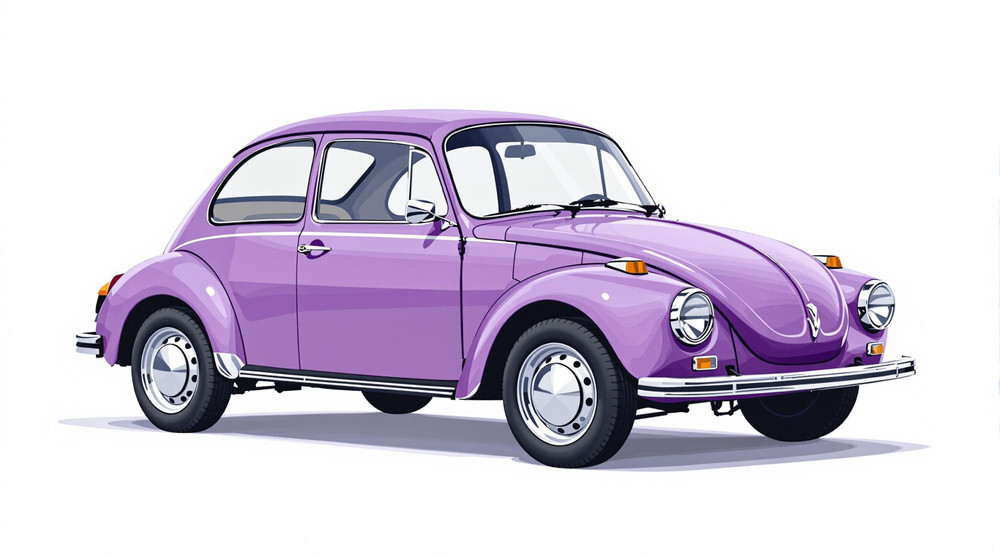Image of 1973 Volkswagen 412, Note: These illustrations use artistic license and may differ from actual historical models.
Performance Metrics
Fundamental Metrics
Emotional Appeal
MMP Rating
| Engine Specifications | |
|---|---|
| Engine: | Flat-4 engine |
| Displacement: | 1.7L |
| Horsepower: | 80 hp |
| Torque: | 87 lb-ft |
| Compression Ratio: | 7.8:1 |
| Ignition System: | Distributor ignition system |
| Cooling System: | Air-cooled |
| Performance Specifications | |
| 0-60 Time: | 14 seconds |
| 1/4 Mile Time: | 19.5 seconds |
| Top Speed: | 100 mph |
| Transmission and Drive | |
| Drive Type: | Rear-wheel drive |
| Transmission Type: | 4-speed manual |
| Fuel and Efficiency | |
| Fuel System Type: | Fuel injection |
| MPG: | 20-25 mpg |
| Dimensions and Brakes | |
| Brakes: | Disc brakes at the front and drum brakes at the rear |
| Wheelbase: | 98.8 inches |
| Weight: | 2,400 lbs |
Note: Specifications for classic cars are given to the best of our ability, considering the limited and variant data available.
Unveiling the 1973 Volkswagen 412: A Unique Blend of Style and Practicality
The 1973 Volkswagen 412 stands as a testament to the innovative spirit of its era. Born from the reputable German automaker Volkswagen, this vehicle emerged during a time of global energy crises and shifting automotive trends. As the successor to the Type 3, the 412 offered a fresh take on Volkswagen's air-cooled lineage, incorporating a level of refinement that was uncommon in many of its contemporaries. Notably, it was among the last air-cooled engines produced by VW before the transition to water-cooled powertrains, marking an end of an iconic era in automotive history.
Design and Innovation: A Closer Look at the Volkswagen 412
The exterior styling of the Volkswagen 412 exuded a sense of understated elegance with its three-box design and pronounced front and rear ends. The vehicle's body lines were sharper compared to its predecessors, reflecting a modern aesthetic for the early '70s. Inside, occupants were greeted with a functional yet comfortable cabin, where attention to detail and quality materials were evident despite its modest market position. The dashboard layout was straightforward, with an emphasis on driver ergonomics.
Technologically, the 412 featured advancements such as electronic fuel injection—a rarity at the time—enhancing engine performance and efficiency. Color options ranged from vibrant to subdued, with choices like Brilliant Orange and Marina Blue often catching the eye of enthusiasts. Available in both wagon (Variant) and sedan body styles, it was the Variant that captured hearts with its practicality and distinctive European flair.
Historical Significance: The Legacy of the Volkswagen 412
The impact of the 412 on automotive design was subtle yet significant. It demonstrated Volkswagen's commitment to evolving their air-cooled models amidst an industry-wide shift towards water cooling and front-wheel drive platforms. The 412's blend of traditional VW elements with contemporary features set a benchmark for transition within the brand, bridging past and future.
Performance and Handling: Experiencing the Drive
Underneath its unassuming exterior, the 1973 Volkswagen 412 housed an air-cooled flat-four engine capable of propelling it to respectable speeds for its class. While not designed as a sports car, it offered adequate acceleration with a top speed that allowed for comfortable highway cruising. On various driving surfaces, drivers appreciated its predictable handling characteristics, thanks in part to independent suspension all around. The experience behind the wheel was characterized by a distinctive air-cooled thrum and tactile feedback that connected driver to machine.
Ownership Experience: Living with a Classic VW
Owners of the Volkswagen 412 utilized their vehicles in various ways—from daily commuting to attending classic car meets. Its reputation for reliability made it a practical choice, though like any vintage car, it required attention to maintenance. Parts availability and simplicity of design meant that average owners could often tackle repairs themselves.
Fun Facts: The Quirks of the Volkswagen 412
Among enthusiasts, certain quirks like its unconventional heating system or quirky automatic transmission option have become points of endearment. Although not known for breaking records or celebrity ownerships on a large scale, this model has found fame in niche circles for its unique place in VW's history.
Collector's Information: Valuing the Volkswagen 412
Today, collectors find value in the rarity and condition of surviving 412s. With production numbers not as high as other VW models from that period, finding one in excellent shape can be challenging. As for value range, well-preserved examples can fetch anywhere from $5,000 to $15,000 depending on various factors such as originality and provenance. While not experiencing rapid appreciation like some classic cars, they hold steady appeal among VW aficionados.
Conclusion: Celebrating an Overlooked Gem
The 1973 Volkswagen 412 may not have rewritten history books or dominated racetracks; however, its significance lies in its representation of a transitional period for Volkswagen—a swan song for their air-cooled designs. For those who appreciate this unique chapter in automotive evolution, owning a 412 is akin to preserving an important piece of VW heritage.
1973 Volkswagen 412 Catalog of Parts
 1973 Volkswagen 412 Gravel Shields. Molded flat without metal backing plates-FS 40Gravel Shields. Molded flat without metal backing plates. Apply with contact cement. 7-5/8" long X 5-5/8" wide at top. Pair
1973 Volkswagen 412 Gravel Shields. Molded flat without metal backing plates-FS 40Gravel Shields. Molded flat without metal backing plates. Apply with contact cement. 7-5/8" long X 5-5/8" wide at top. Pair 1973 Volkswagen 412 Intake Manifold Boots. Made of rubber. 1-3/8" I.D., 2" O.D-RP 300-BIntake Manifold Boots. Made of rubber. 1-3/8" I.D., 2" O.D. X 1-1/2" high. Pair
1973 Volkswagen 412 Intake Manifold Boots. Made of rubber. 1-3/8" I.D., 2" O.D-RP 300-BIntake Manifold Boots. Made of rubber. 1-3/8" I.D., 2" O.D. X 1-1/2" high. Pair 1973 Volkswagen 412 Oil Cooler Seal. 7/16" I.D., 7/8" O.D. Each-RP 8-BOil Cooler Seal. 7/16" I.D., 7/8" O.D. Each
1973 Volkswagen 412 Oil Cooler Seal. 7/16" I.D., 7/8" O.D. Each-RP 8-BOil Cooler Seal. 7/16" I.D., 7/8" O.D. EachWhy Choose Metro?
For over 100 years, Metro Moulded Parts has been the pinnacle of quality in classic car restoration parts. Our commitment to precision and authenticity in every component ensures a perfect fit and an OEM-level appearance.
- Expert Craftsmanship & Quality: Each part is a testament to our dedication to reliability and perfection, crafted from original designs and thoroughly tested.
- Advanced Technology: We use cutting-edge techniques to create flawless, long-lasting parts that surpass others in performance.
- SuperSoft Sponge – The Ultimate Door Seal: Not only are our door seals 30% softer than competitors', but they're also guaranteed to never leak. They effectively reduce wind and road noise, enhancing your classic car's comfort and driving experience.
- Proudly American: Our parts are a product of American craftsmanship, made in the USA with a spirit of excellence and heritage.
- Unrivaled Warranty: We back our products with a 30-year industry-leading warranty, a testament to our confidence in their quality.
Join us in preserving the legacy of classic cars with parts that are crafted for perfection, not just made.

